Merging Power Systems and Power Electronics for SmartGrids with SIMBA, Python & Julia
Power electronics
PRESENTER:
Marcelo Godoy Simões, Peyman Razmi & Luca Ferranti
EXPERTISE:
Power Electronics
Software:
SIMBA
Power electronics is a field in constant evolution; power grids are becoming intelligent and flexible with power electronics, real-time control, and further data layers of communications and signal processing. There are so many details required for technology improvements such as: semiconductor switches, converters, switching power supplies, smart power electronic modules, where applications for motors and induction motor drives, renewable energy, distribution and microgrids, automotive and shipboard power systems and wireless power transfer, will advance our society. Modeling, analysis, design, implementation and control is strongly dependent on simulation, where circuits will have their quantities such as current, voltage, power, associated with signal-flow of equations and objects that will process feedback, regulation, modulation, harmonic analysis, communication, and a fidelity must be meaningful for the designer and easy to deploy or retrofit. This sets a need for advanced simulation tools, able to solve numerically challenging problems efficiently, while still being easily accessible to engineers who may not have a programming background. SIMBA has been showing promises in becoming a top-notch simulator, with several enhancements allowed by a macro scripting Python approach. This webinar will discuss: (i) overview and electrical engineering issues related to integrated modeling of power electronics with power systems for smart-grid, focusing on real-time requirements, co-simulation, hardware-in-the-loop; (ii) discussion of SIMBA and Julia/Python case study, depicting parameter sweep methods using Python for simulating converters, highlighting specific tools and libraries like PySpice, in a follow-up Julia will be used, with their appropriate packages and methodologies, with similar features but with advantages of the Julia language; (iii) general introduction to Julia and Pluto as a notebook. It will give a brief overview of the Julia programming language and why it is an appealing choice for researchers and developers. Particularly, the talk will highlight the power of the Julia differential equations ecosystem and how it allows to efficiently solve big systems. This section will conclude with a prospect of how Julia simulation tools could be used to enhance co-simulation in SIMBA.

